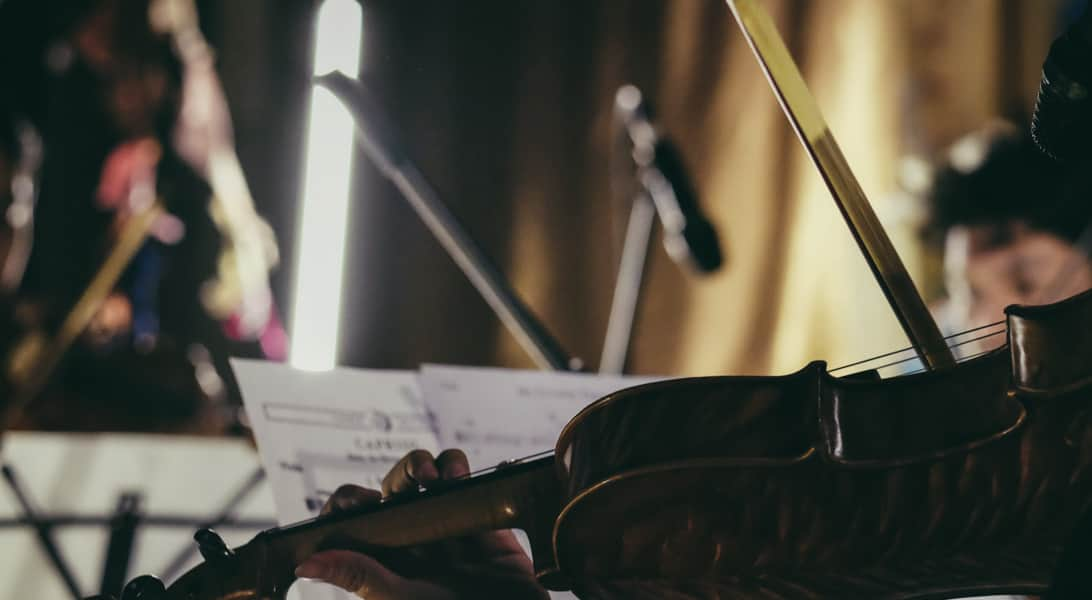
Heath String Quartet
| Barber | String Quartet |
| Debussy | String Quartet in G minor, Op.10 (1893) |
| Stravinsky | Concertino for String Quartet (1920) |
| Mendelssohn | String Quartet No.6 in F minor, Op.80 |
The Heath Quartet was formed in 2002 at the Royal Northern College of Music, under the guidance of Dr. Christopher Rowland. Over the last year they have studied with Alasdair Tait atthe Reina Sofia in Madrid, been selected for representation by YCAT (May 2008), and in September take up their appointment as Junior Fellows at the RNCM. Other tutors have included GaborTakacs-Nagy at the International Musicians Seminar, Prussia Cove, and members of the Alban Berg, Smetana, Endellion, Lindsay and La Salle Quartets.
During their studies at the RNCM the Quartet won all the major ensemble prizes including The Nossek and Terence Weil Memorial Competitions and on graduating in 2005 received the prestigious Sir John Barbirolli Memorial Prize. In 2005 they won the Philharmonia Orchestra/Martin Musical Scholarship Fund Ensemble Award which led to their Purcell Room debut and in 2006 were made a laureate of the Geneva International String Quartet Competition.
Review
An accident to the thumb of the Endellion Quartet's leader caused a sudden change to Skipton Music's planned programme. At less than half a day's notice, it proved possible to engage the Manchester-based Heath Quartet. First reserves perhaps, but Oliver Heath and Rebecca Eves (violins), Gary Pomeroy (viola) and Christopher Murray (cello) delighted Tuesday's audience in the Town Hall with some truly memorable musicianship.
Haydn's Quartet in D major (Op.76 No.5), a late work in his remarkable catalogue of 84 string quartets, is lively, delicately radiant and dance-like in turns, with a distinctly Hungarian flavour to the last movement. This was an excellent start, clearly enjoyed by performers and listeners alike.
Better known for his operas, Leos Janacek (1854-1928) was born in Moravia. His interest in Russian literature, particularly the tragic theme of a Tolstoy novella, apparently inspired his "Kreutzer" String Quartet. It is a demanding work with extreme contrasts. Violent outbursts in the highest registers subside into peaceful conclusion, but the overwhelming impression is of angst and powerful emotion. The Heath Quartet deserved their interval respite.
Schubert's late (and great) Quartet No.14 in D minor (Death and the Maiden) from1824 formed the second part of the evening, its opening movement once hailed as "dramatic as anything in his instrumental music". The whole work, the theme and variations in the second movement, the Scherzo syncopations and the breathless tarantella of the Finale, received an inspired interpretation which held the audience spellbound and deserved the ovation which brought the players back for three curtain calls.
Many thanks to Skipton Music and Bunty Leder in particular for the efforts made to find such an accomplished replacement for the stricken Endellion!
Douglas Riddiough
